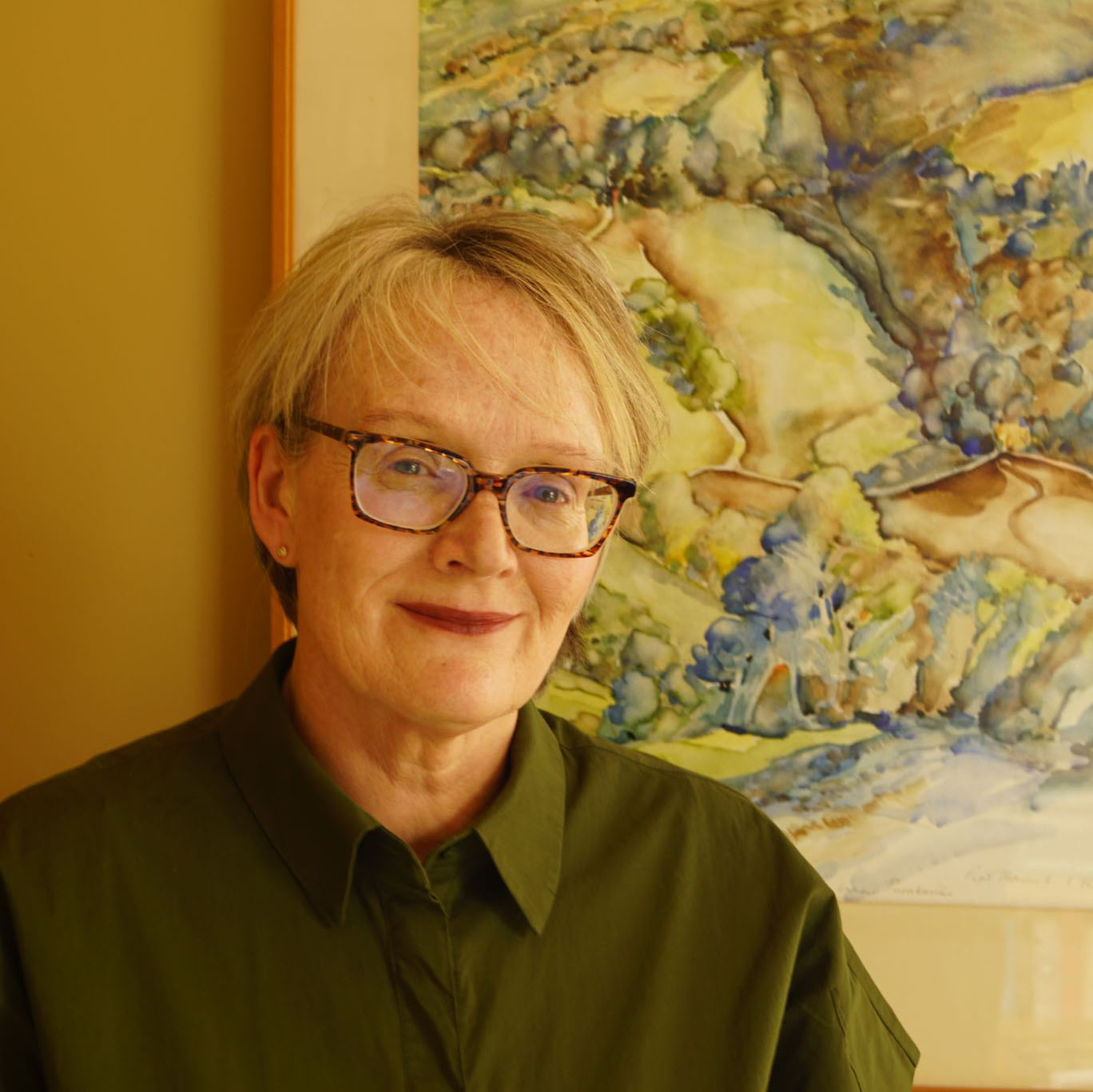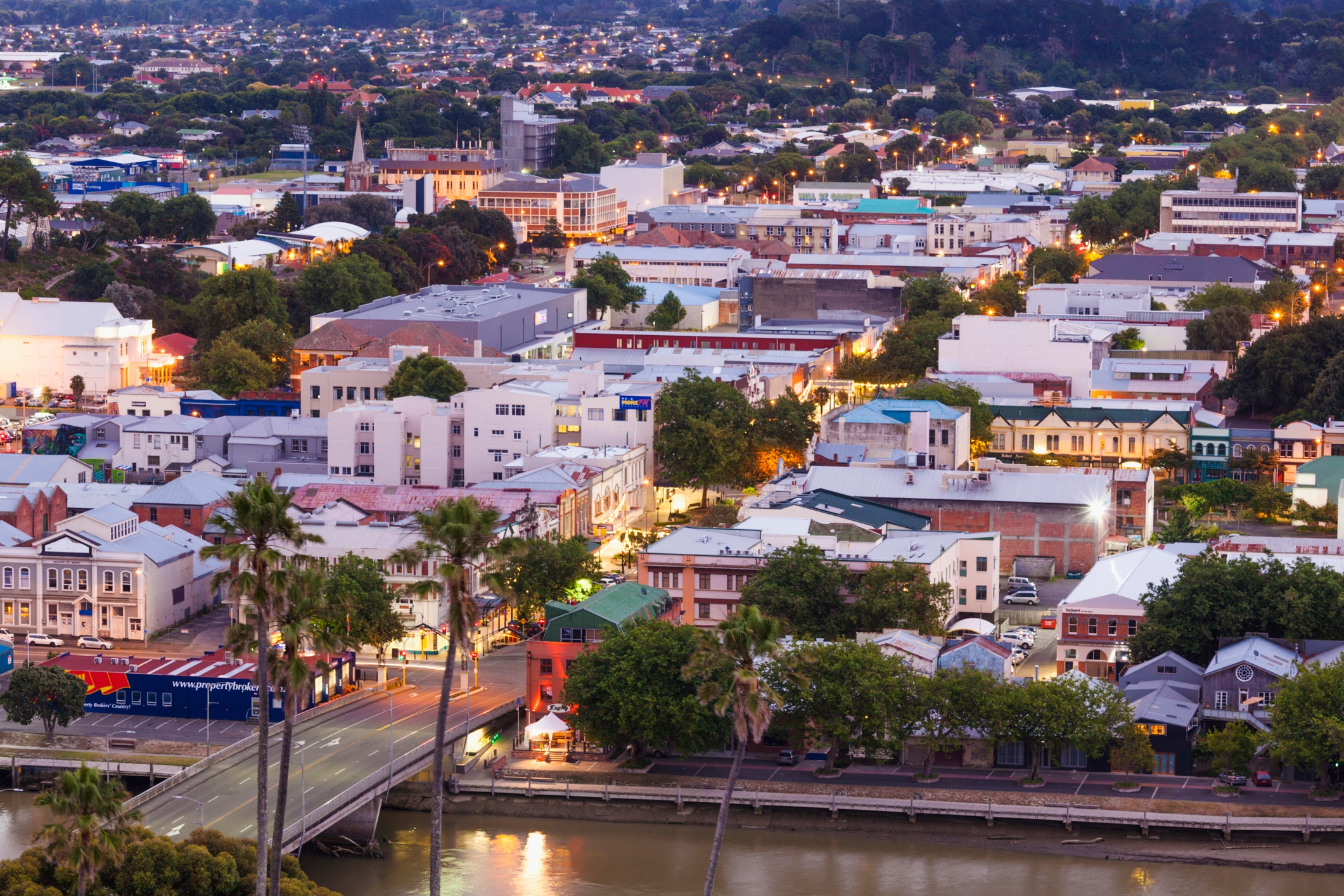Feature article
Why are so many people wanting to work in Whanganui?
What's making Whanganui desirable to job seekers - and could similar opportunities help your community draw talent?

Lifestyle is a key attraction
World-leading sector opportunities are available
A surprisingly handy location helps
A strong community and a mild climate draw new residents
A unique culture to explore
Housing affordability is a key lure
Author
Other articles you might like

.png)



